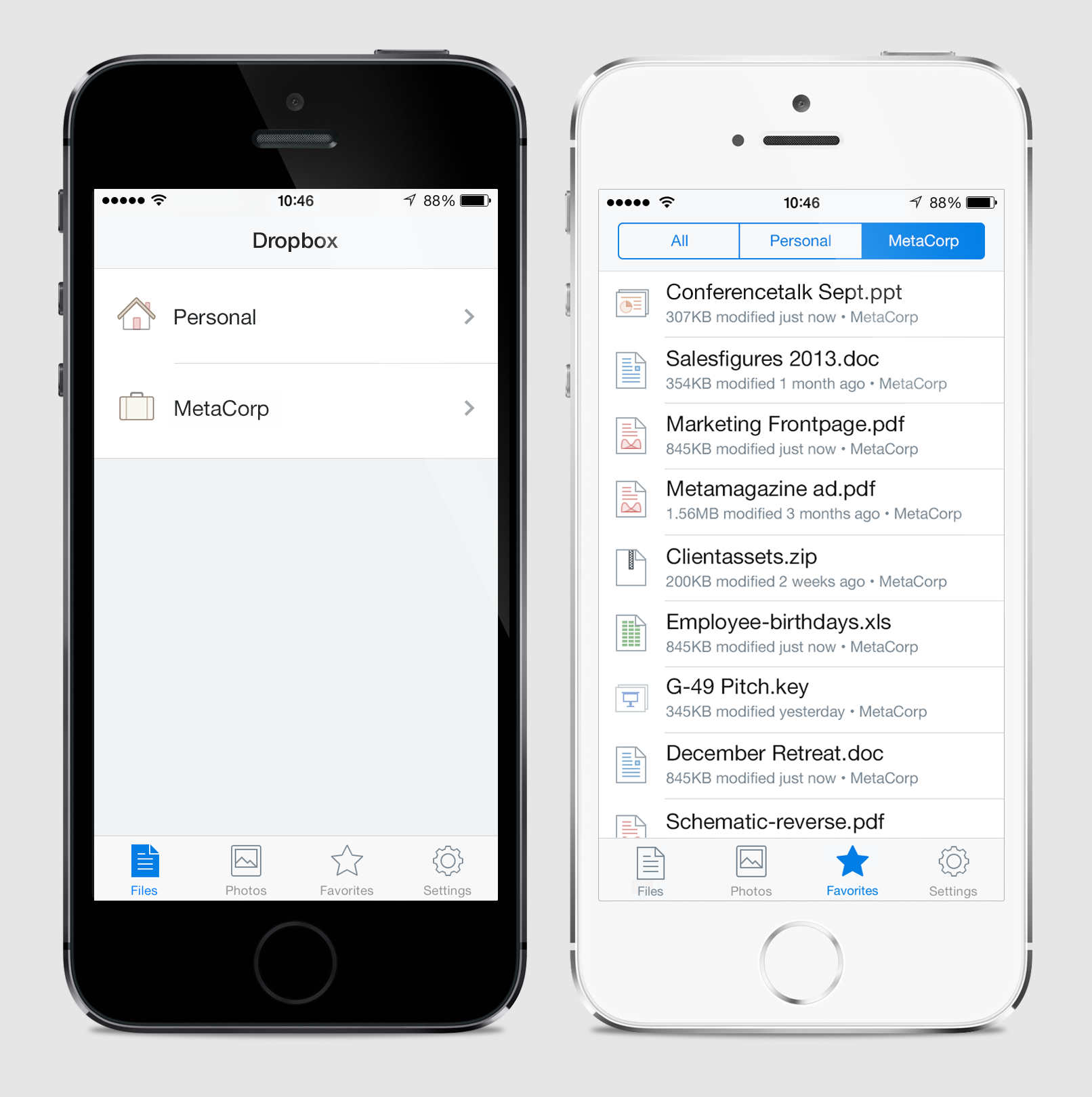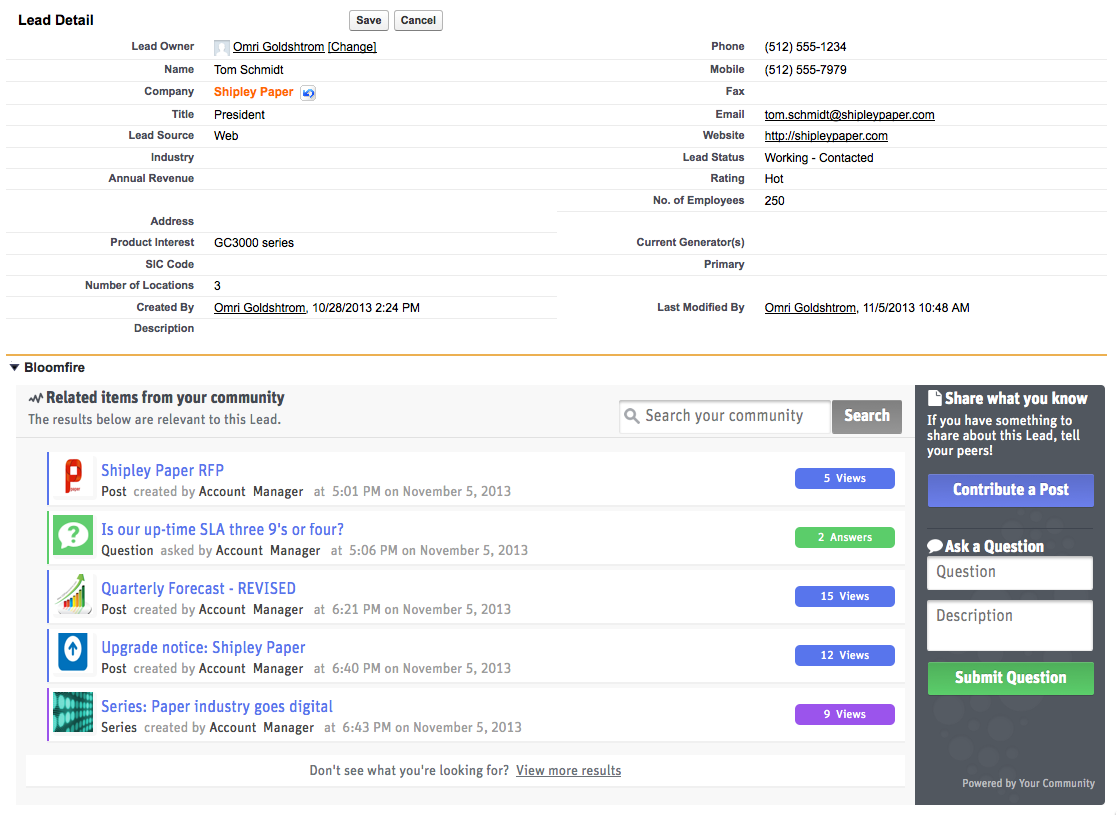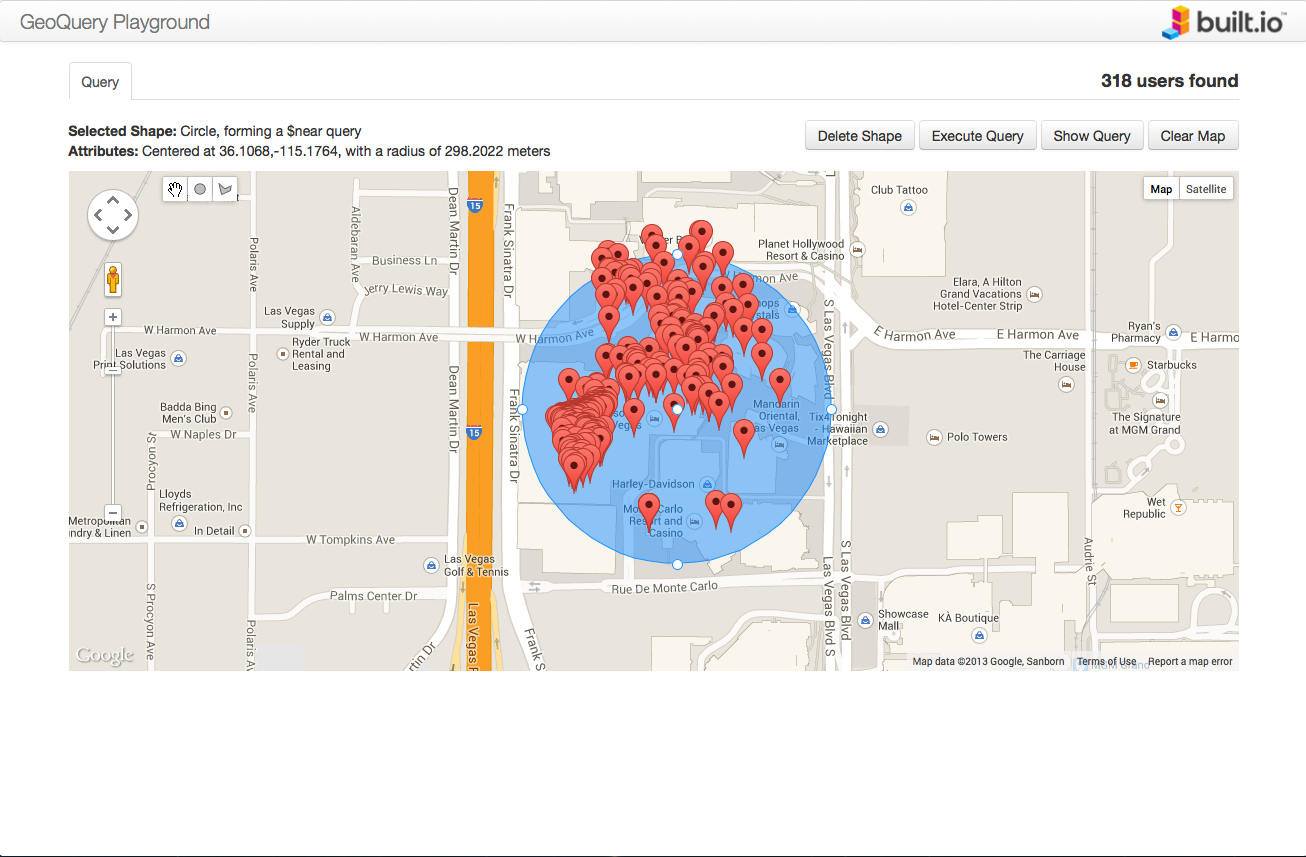
Dropbox connects business with home
Cloud storage and sharing service Dropbox has been looking to grow its footprint in the business industry, adding Dropbox for Business, along with a steady stream of new features for the service. Now the company is attempting to consolidate its enterprise efforts with those for home users.
"On one hand, people wanted to access their personal stuff at work; meanwhile, IT admins wanted to keep company data separate and free of personal files. Both needs were real, but people had to choose between two Dropboxes", claims the company.

LogicMonitor introduces free NetFlow network monitoring
It seems like everything is shifting to the cloud at the moment and that places additional pressures on network management. LogicMonitor, maker of a cloud-based infrastructure monitoring solution, is aiming to ease the burden by offering free NetFlow traffic monitoring in order to enhance its usability by service providers.
NetFlow (the collective name for NetFlow, sFlow and JFlow) is an industry-standard protocol for monitoring network traffic. LogicMonitor's Collector receives data from network devices and sends it to the cloud for analysis and storage, keeping down the load on local servers. A number of off-the-shelf performance metrics are available including data flows, bandwidth and application use. This NetFlow functionality is being offered free to LogicMonitor's customers for at least the remainder of 2013.

Twitter introduces custom timelines
Twitter is about to get a whole lot more customizable and personal thanks to the introduction of custom timelines. This latest feature gives users the ability to control exactly what appears in their timeline -- a very interesting alternative to wading through thousands of tweets from the hundreds of accounts you follow. Custom timelines can be used in various ways and offer quick and easy methods of organizing related tweets into a single, manageable stream.
In a post on the Twitter developer blog, Brian Ellin reveals details of the new feature, explaining that:

Bloomfire improves integration with Salesforce
Knowledge management specialist Bloomfire, whose product we looked at a few weeks ago, has announced deeper integration with the Salesforce customer relationship management platform. This will allow users to share information and knowledge with their co-workers without having to leave the Salesforce screen.
Bloomfire began integrating with Salesforce in 2012 when it joined the AppExchange to allow single sign-ons and posts from Bloomfire to appear on the Salseforce Chatter page. The deeper integration will allow sales professionals access to the information they need to close deals, enable them to get questions answered quickly, and share the feedback they receive. From the company's point of view information gathered in Salesforce can be shared without giving all employees access to the package, plus knowledge gained from Salesforce can be used across the organization.

ComputerSupport.com partners with Citrix for next generation of cloud hosting
ComputerSupport.com has unveiled its next generation cloud hosting platform ITAnyWhere Cloud. The product is based around the latest Microsoft and Citrix software, and runs completely in the AWS cloud, utilizing multi-region EC2, S3, RDS and other services.
The new version of the cloud service offers small businesses the ability to host all of their productivity applications -- web or Windows-based -- in the cloud, and access them from any device, any time. The solution will help medical and financial organizations achieve instant compliance with HIPAA, FINRA and other US regulations. The goal with this version is to improve how quickly the applications are delivered, add the ability for users self-service, and enable better mobile access.

Google updates Gmail with Google Drive support for attachments
When you're sent an email with an attachment you probably do one of two things. You might preview the file in your browser, or you might download it to your hard drive. If you want to be able to access the file on other computers without having to track down the original email again, you may then take the extra step of uploading it to Google Drive. But it's all too easy for attachments to end up getting lost on the desktop or a catch-all Downloads folder.
This is something Google may be able to change with the latest addition to Gmail. Now there is no need to click an attachment to view a preview -- supported file types (including images, PDFs and videos) are automatically previewed as small thumbnails. You can still click them if you would like to see a larger preview, but this is not the only change that has been made. When an email has multiple attachments, it is now possible to scroll through them slideshow-style.

Q&A with secure communications service Perzo
The need for more secure communication services has certainly spiked in the wake of the NSA spying revelations, with providers placing a higher emphasis on keeping their users' personal and work information safe from unwanted access. After all, those users expect (and demand) them to do so. As a result, it is not out of the ordinary to see the word "secure" being used as one of the many buzzwords that describe such services nowadays. The question is whether the presentation matches the behind-the-scenes reality.
Among the slew of services that promise secure communications is Perzo, which launched as a beta in late-August 2013. Perzo was founded by David Gurle, who is best known for his former roles as head of the Windows Messenger development and general manager and vice president of Skype for Business in the early 2000s. The service piqued my attention, and I chatted with the man to find out what sort of features and security options Perzo can bring to the table as a newcomer in the "secure communications application" market.

By 2017 your smartphone might be smarter than you
The rise of intelligent machines has long been fertile ground for science fiction writers, but a new report by technology research specialists Gartner suggests that the future is closer than we think.
"Smartphones are becoming smarter, and will be smarter than you by 2017," says Carolina Milanesi, research vice president at Gartner. "If there is heavy traffic, it will wake you up early for a meeting with your boss, or simply send an apology if it is a meeting with your colleague. The smartphone will gather contextual information from its calendar, its sensors, the user's location and personal data".

New solution aims to make SaaS more secure
The growth of the cloud and the use of software as a service (SaaS) has had a dramatic effect on both businesses and individuals, allowing people to access corporate applications and data from anywhere and on any device. But it also gives IT managers a security headache as it becomes harder to build and enforce consistent policies, especially when employees are using their own devices.
In a bid to tackle this, security specialist Adallom is launching a complete solution for SaaS applications. This offers seamless cloud-based security that audits all SaaS activities and provides real-time information on user activity.

Should you trust Google with your identity?
I tell BetaNews writers that when assessing anything ask: Who benefits? Then: Who benefits first? Both questions are top of mind as I absorb yesterday's stunning YouTube changes: Integration with Google+ comments.
Commenting is an ongoing debate in our newsroom. I have long advocated that we eliminate anonymous responses to stories. I'm identified. Why shouldn't commenters claiming I "pull ideas out of a monkey's ass" also be identified? I stand naked in the light, while they cower in darkness. But in wake of whistleblower Edward Snowden's stunning disclosures about NSA spying and corporate giants seeking more information about us -- yes, I wash both hands after peeing, thank you very much -- my views about anonymity are changing. I can't control the NSA but can exercise limited restraint with Google. I begin by asking about YouTube identified commenting: Who benefits first?

Intronis releases enhanced cloud backup solution for enterprises
The cloud backup and data recovery sector has grown fast over recent years and is estimated to be worth some $5.3 billion in 2013. Specialist in this area Intronis has announced the Fall '13 release of its product and declared that it’s on track to exceed its sales growth targets.
The new release introduces support for clustered environments and allows channel partners to produce scalable recovery as a service offerings. Enhancements include improved VMware support allowing faster backups and user defined destination hosts, the ability to create virtual recovery hosts, and improved user interface and web portal, as well as general enhancements to usability and reliability.

Microsoft adds real-time co-authoring to Office Web Apps
Microsoft has introduced a major update for Office Web Apps, meant to improve collaboration on documents. At the same time, the latest update also allows the service to better compete against its arch-rival, Google Docs.
The Excel, PowerPoint and Word cloud apps are getting real-time co-authoring, a feature that has been available for quite some time in Google Docs. Put simply, this means that users can perform simultaneous edits, with the said cloud apps also informing folks whenever someone else is altering a certain part of the document. The real-time co-authoring is augmented by the ability to see text and formatting changes in files as they are being made.

Mega graduates out of beta, gets new look
Cloud storage service Mega arrived with a bang early this year, after its controversial founder Kim Dotcom revealed that users will get a whopping 50 GB of storage at no cost. The man's involvement with the defunct Megaupload certainly piqued people's interest, with more than three million users trying or relying on the service within the first month.
More than nine months after its launch, Mega has announced, via its official blog, the end of the beta stage. The cloud storage service now touts "significant improvements and optimizations" as well as a refreshed look for the site. Let's take a look at what's new.

Amazon’s new graphical cloud helps make desktops obsolete
Amazon Web Services quietly released on Tuesday a pair of new instances on its EC2 cloud computing service. Not just new instances but a whole new type of instance aimed at 2D and 3D graphical computing. For the first time from AWS in a generally available instance, developers and users will have access to virtual machines with GPUs.
It’s like putting a PC in the cloud. More properly it is like putting your PC in the cloud. I think this has great disruptive potential. And that means we’ll see similar services coming soon from other cloud providers.

Develop enterprise mobile apps in record time with built.io
With the increasing trend towards using mobile devices in the workplace, IT departments sometimes struggle to keep up with demand from their users. As we've seen elsewhere, this can lead to employees using unauthorized software.
Companies interested in speeding up the build time for mobile apps will want to take a look at San Francisco-based raw engineering’s built.io product which comes out of beta and is generally available from today.
